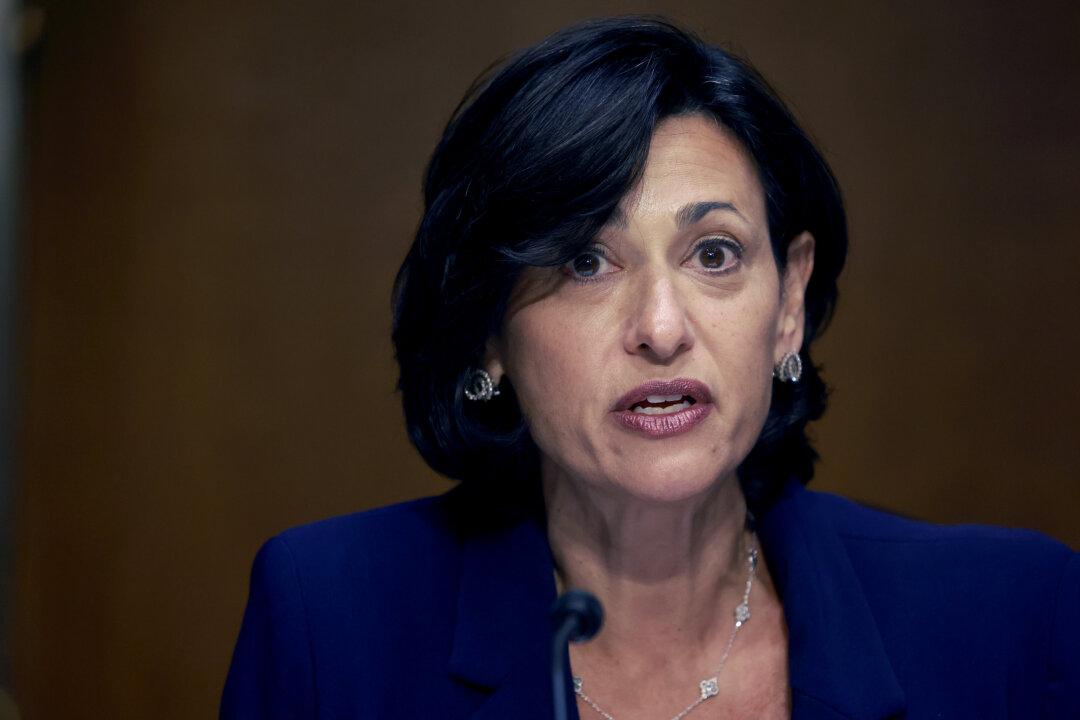The Centers for Disease Control and Prevention (CDC) on June 18 recommended COVID-19 vaccines for children as young as 6 months of age.
“We know millions of parents and caregivers are eager to get their young children vaccinated, and with today’s decision, they can,” Dr. Rochelle Walensky, the CDC’s director, said in a statement.





